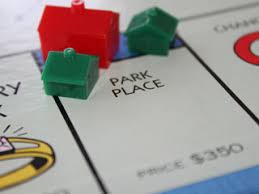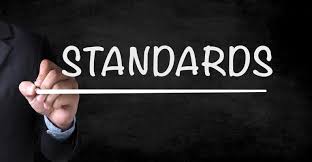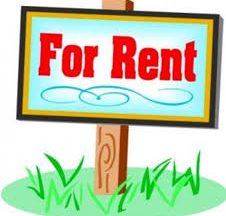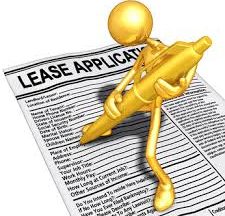 October 2019
October 2019
Today it is popular to purchase a condo as an investment, or second property, with the intention of turning it into a rental business.
Renting out a condo property, like any business, requires a return on investment (ROI). This can only be achieved when revenues (rental income) exceed expenditures.
Having a successful condo rental business requires a clear and complete understanding of revenues, known costs and anticipated costs. At a minimum, rental revenue must exceed known costs. Any surplus must be in excess of anticipated costs that occur if the owner is to financially benefit from being a landlord.
Revenue
Condo landlords would like to set their rental income so they earn more than their expenses. In practice this may not always be possible. The amount charged for rent can be restricted by what others charge for a comparable property with annual increases restricted by law.
Known Costs
Fixed costs are known and anticipated:
- Mortgage – Payments made on money borrowed to purchase the property.
- Condo fees – Monthly payments made to the condo corporation to pay for shared expenses.
- Property tax – Paid to the city or municipality.
- Insurance – Not required , highly recommended.
- Utilities – May be responsibility of a tenant, included in condo fees, or paid directly to utility company.
- Management – Cost to administer the business including collection of rent, accounting, obtaining tenants, credit checks and more.
- Maintenance and repairs – Many aspects of home ownership require regular maintenance or periodic repairs.
- Income taxes – Payable on earned income.
- Other taxes – Some regions charge additional business-related taxes.
Anticipated Costs
Anticipated costs are to be expected:
- Vacancies – When a current tenant leaves there will likely be a period when the property is unrented while a new tenant is sought. There will be costs incurred to obtain a new tenant, expenses in preparing a property for occupancy, and rental income not received.
- Unexpected maintenance costs – Appliances stop working, pipes fail, water leaks cause damage, and HVAC systems fail.
- Evictions – Some tenants fail to abide by terms of a lease. Evicting a tenant can take months.
- Tenants who don’t pay – Some tenants fail to pay rent. While cause for eviction, this is a period where the landlord fails to receive income to cover ongoing expenses.
- Special assessments to cover any financial shortfall of the condo corporation.
Some condo landlords are less concerned about ongoing profitability. They anticipate future appreciation of their home will cover short-term losses.






